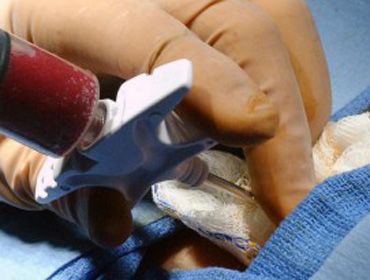Bone Marrow Transplants Specialist India
Description
Bone Marrow Transplantation is a form of intensive treatment used to treat certain cancers like leukemia,lymphomas and some non-cancerous diseases like thalassaemia.
Bone marrow is found inside our bones, and is the ‘factory’ that makes blood. It is responsible for producing white blood cells (to protect against infection), red blood cells (to carry oxygen around the body) and platelets (to prevent bleeding). Stem cells are blood cells at their earliest stage of development in the bone marrow, before they have become committed to developing into white cells, red cells or platelets. It is these ‘mother’ cells, which are the key factors in transplantation.
There are two main types of transplants – Autologous and Allogenic.
- Autologous Transplants: This means that the bone marrow or stem cells used for the transplant are one’s own. A little bit of the patient’s bone marrow or stem cells is taken and stored before high dose treatment. When the treatment is over, the bone marrow or stem cells are given back through a vein.
- Allogeneic Transplants: In this type of transplant, bone marrow donated by someone else is used. It is essential that the donor’s tissue match. The most suitable donor is usually a close relative, most commonly a brother or sister. It is possible to get a good match from an unrelated donor, but this facility does not exist in India.

